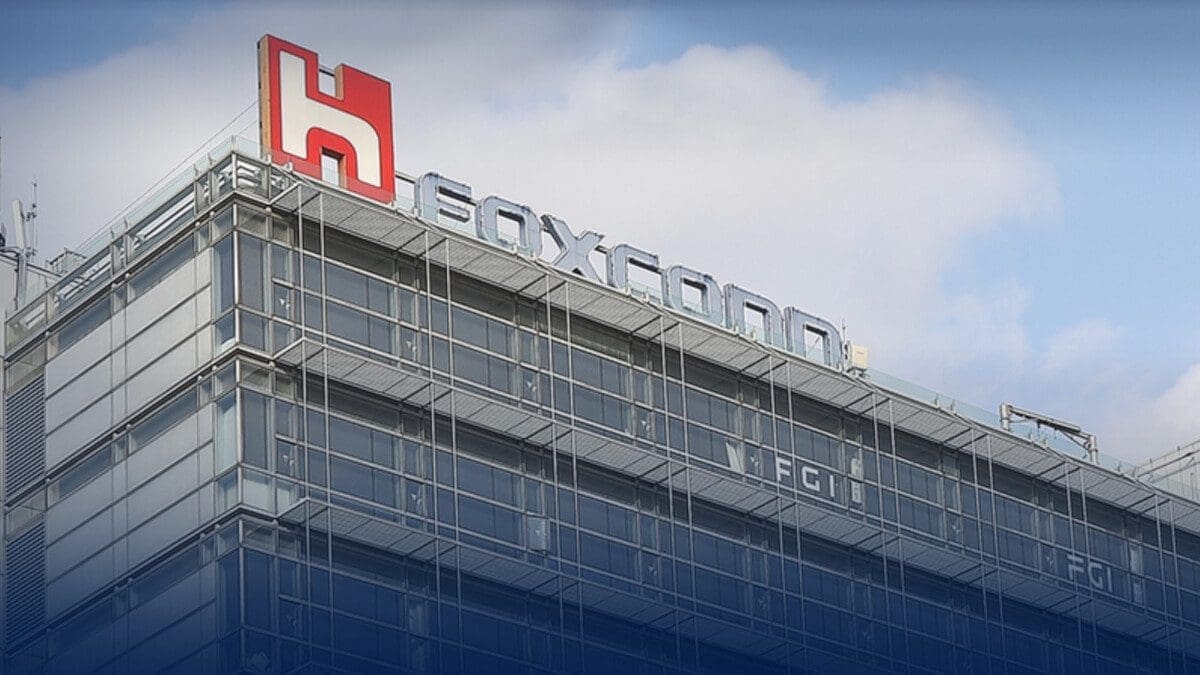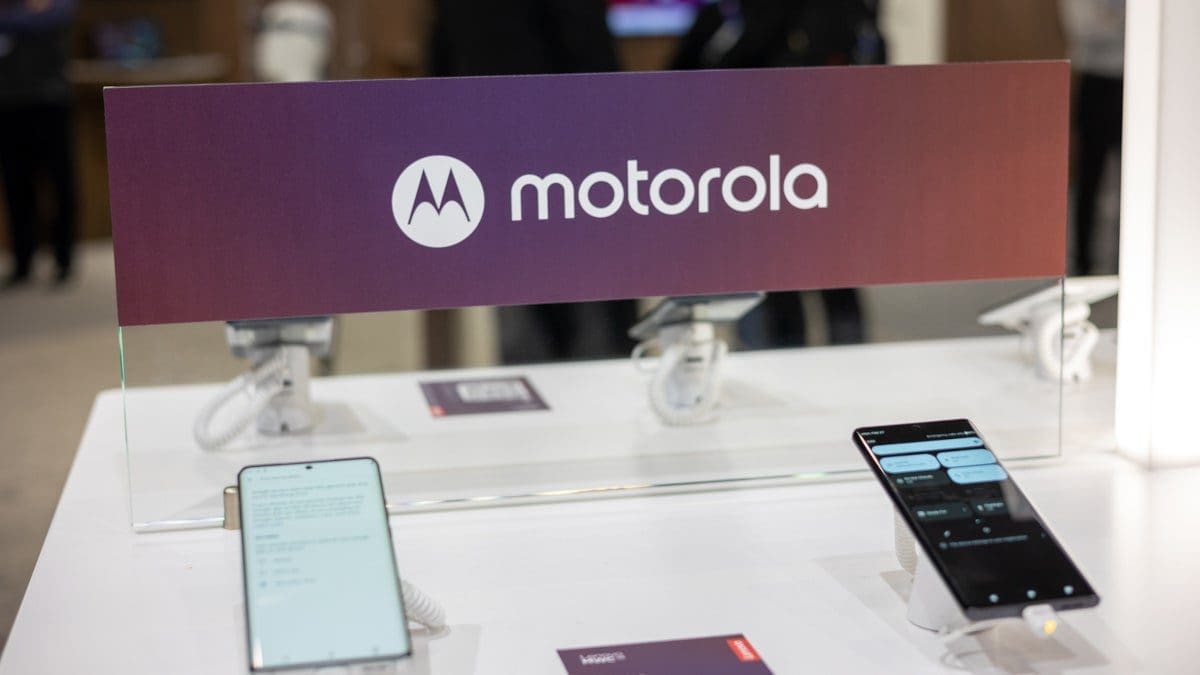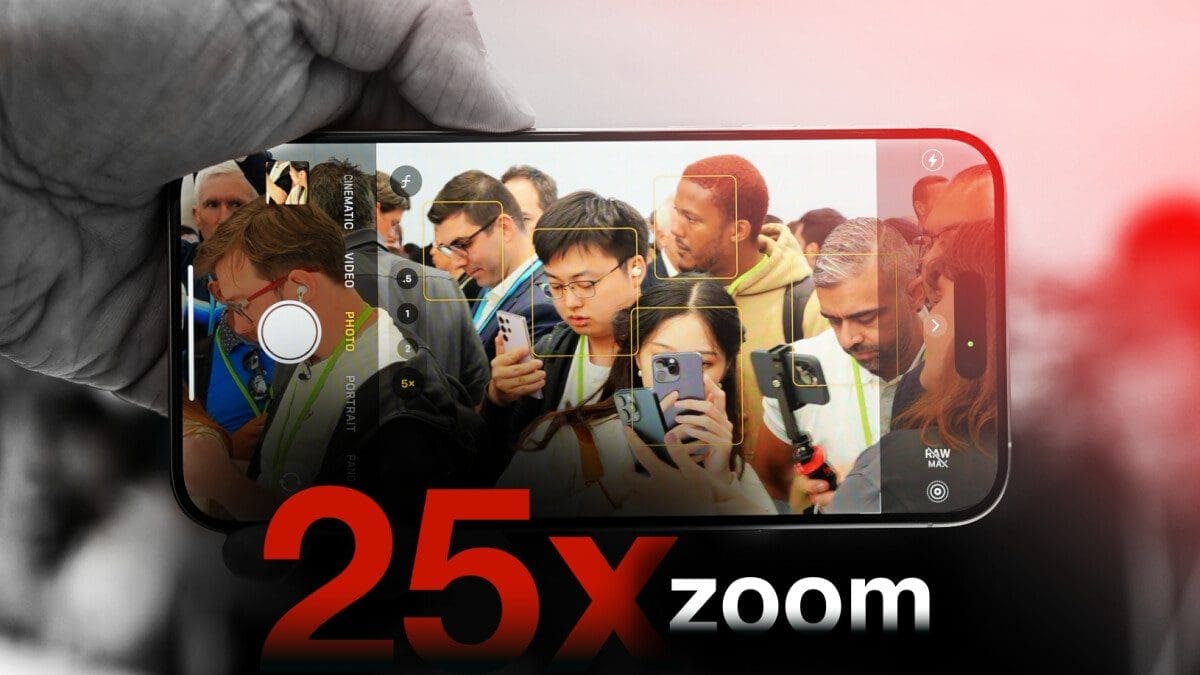The Huawei Mate 60 Pro and iPhone 15 have both been under intense scrutiny for different reasons. The U.S. government is investigating how Huawei managed to create the 7nm Kirin 9000S 5G chipsets despite facing U.S. sanctions. Huawei has been prohibited from obtaining cutting-edge chips made using American technology. However, the Mate 60 Pro surprised everyone by using chips produced by SMIC, China’s largest foundry, that support 5G.
On the other hand, the iPhone 15 has recently been unveiled by Apple, and phone buyers worldwide are evaluating the new models and checking out the new USB-C port. Interestingly, both the Mate 60 Pro and iPhone are assembled by Foxconn, the same contract manufacturer, in China.
Workers at Foxconn who assemble the Mate 60 Pro are earning more compared to those assembling the iPhone. According to two recruitment agents, Foxconn’s subsidiary, FIH, is offering new workers 26 yuan an hour ($3.60) to assemble the Mate 60 Pro. Meanwhile, workers assembling the iPhone at Foxconn’s iDPBG unit are making 21 yuan an hour ($2.88), which is 19.2% less than their counterparts.
The reason behind this wage gap is that the iPhone production unit offers more welfare benefits for its workers. However, due to the recent launch of the Mate 60 Pro and a wave of nationalistic pride in China, this year’s iPhone launch in the country could be challenging. The CCP has even banned the iPhone from government offices citing security concerns.
In conclusion, the Huawei Mate 60 Pro’s ability to use 5G-supported chips despite U.S. sanctions has attracted attention, while the iPhone 15 launch faces tough competition and restrictions in China.











